Fatehpur Sikri, Agra District of Uttar Pradesh, India
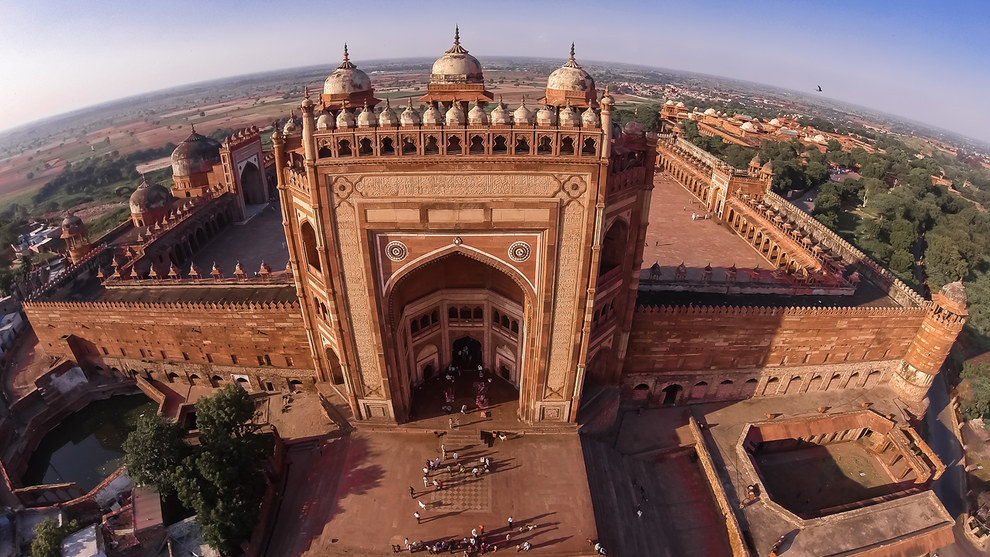
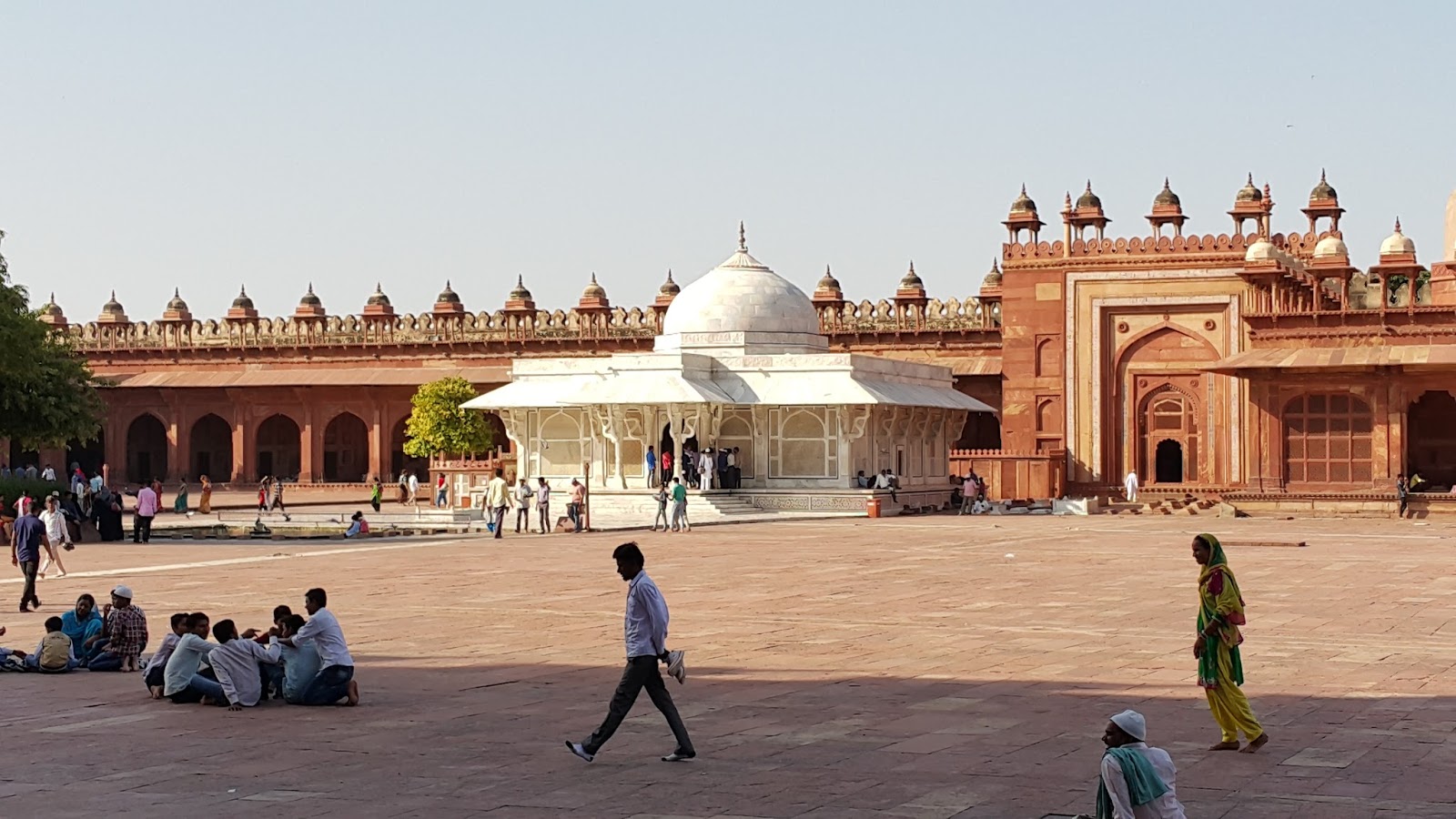
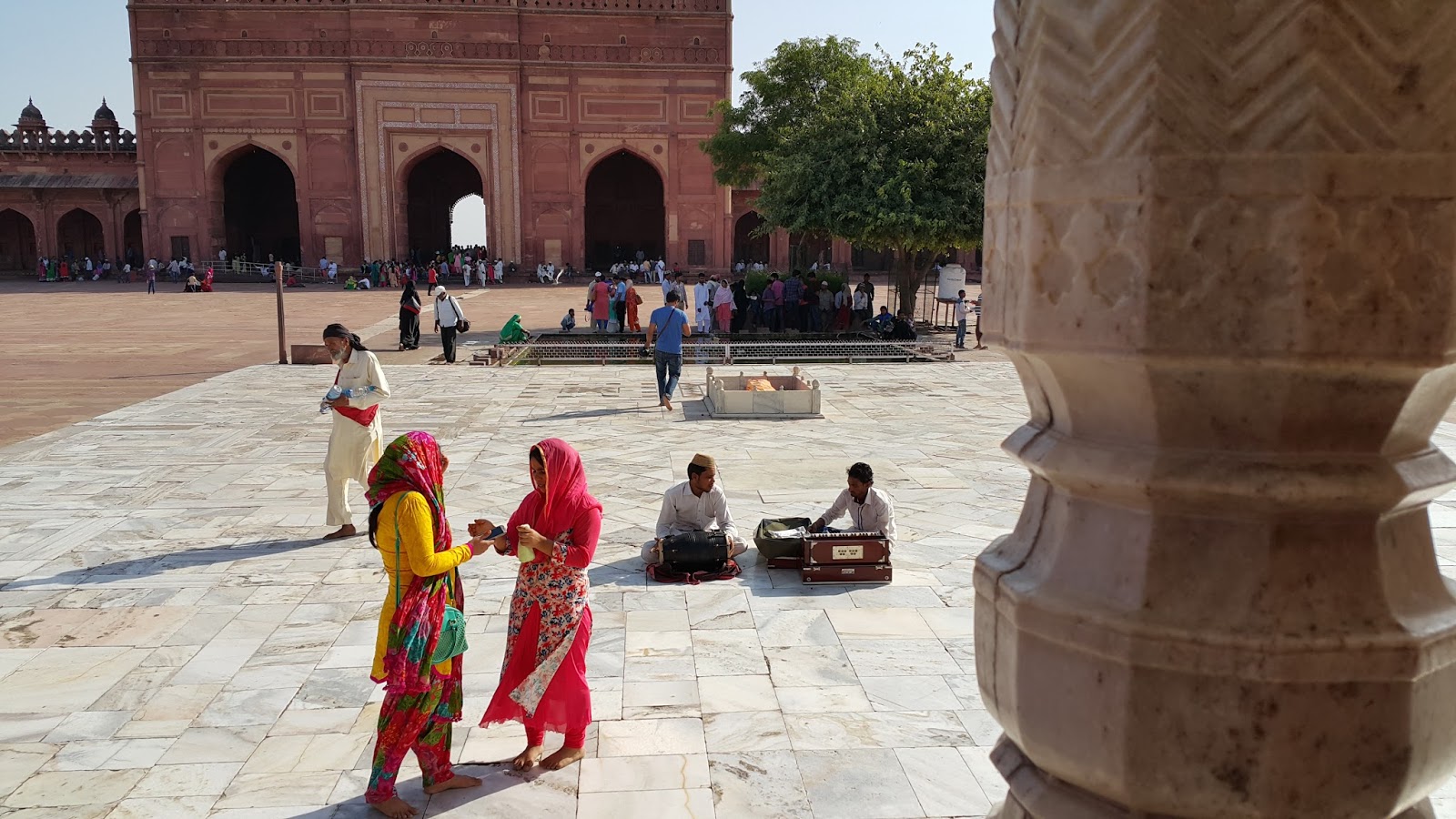
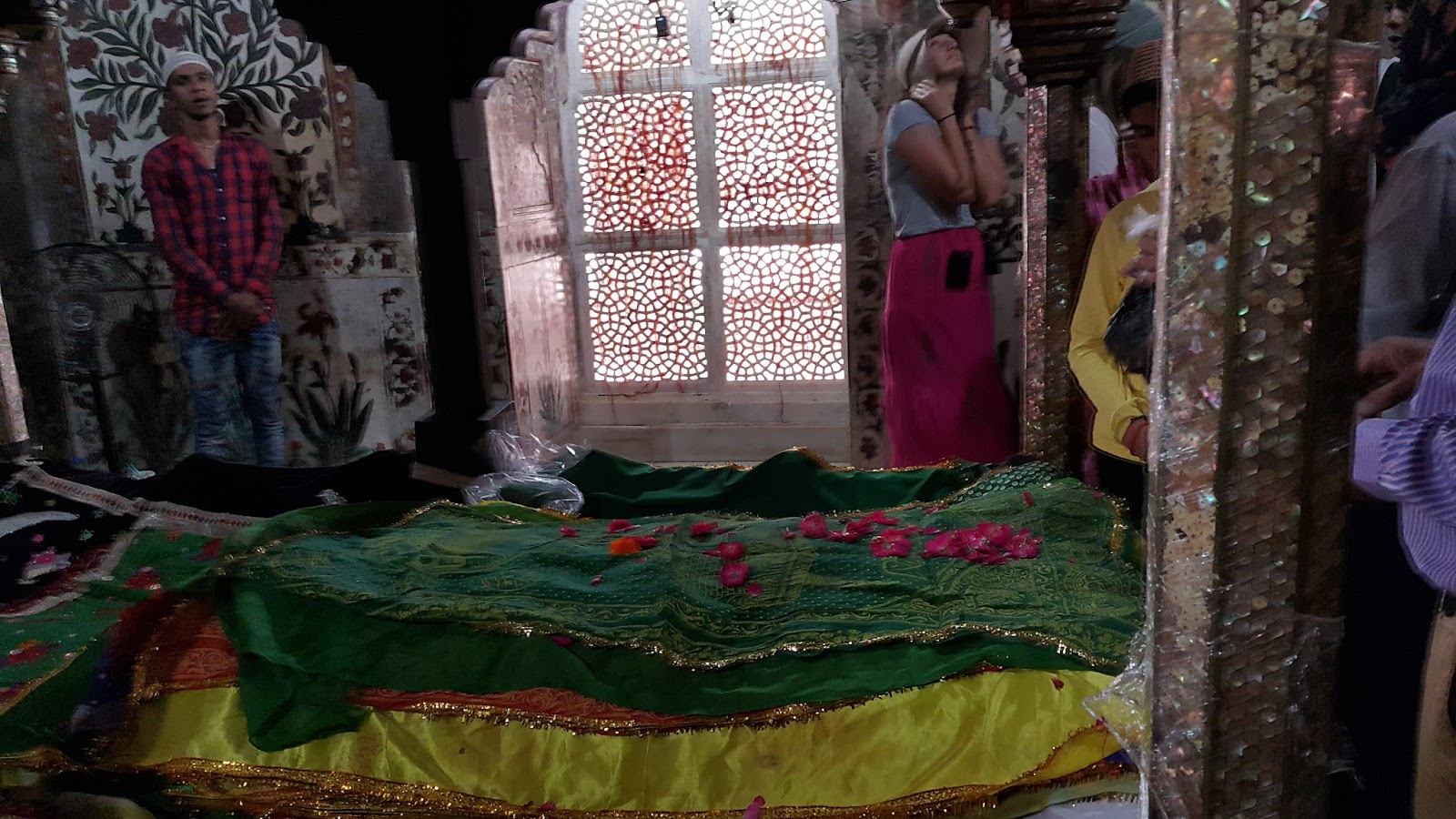
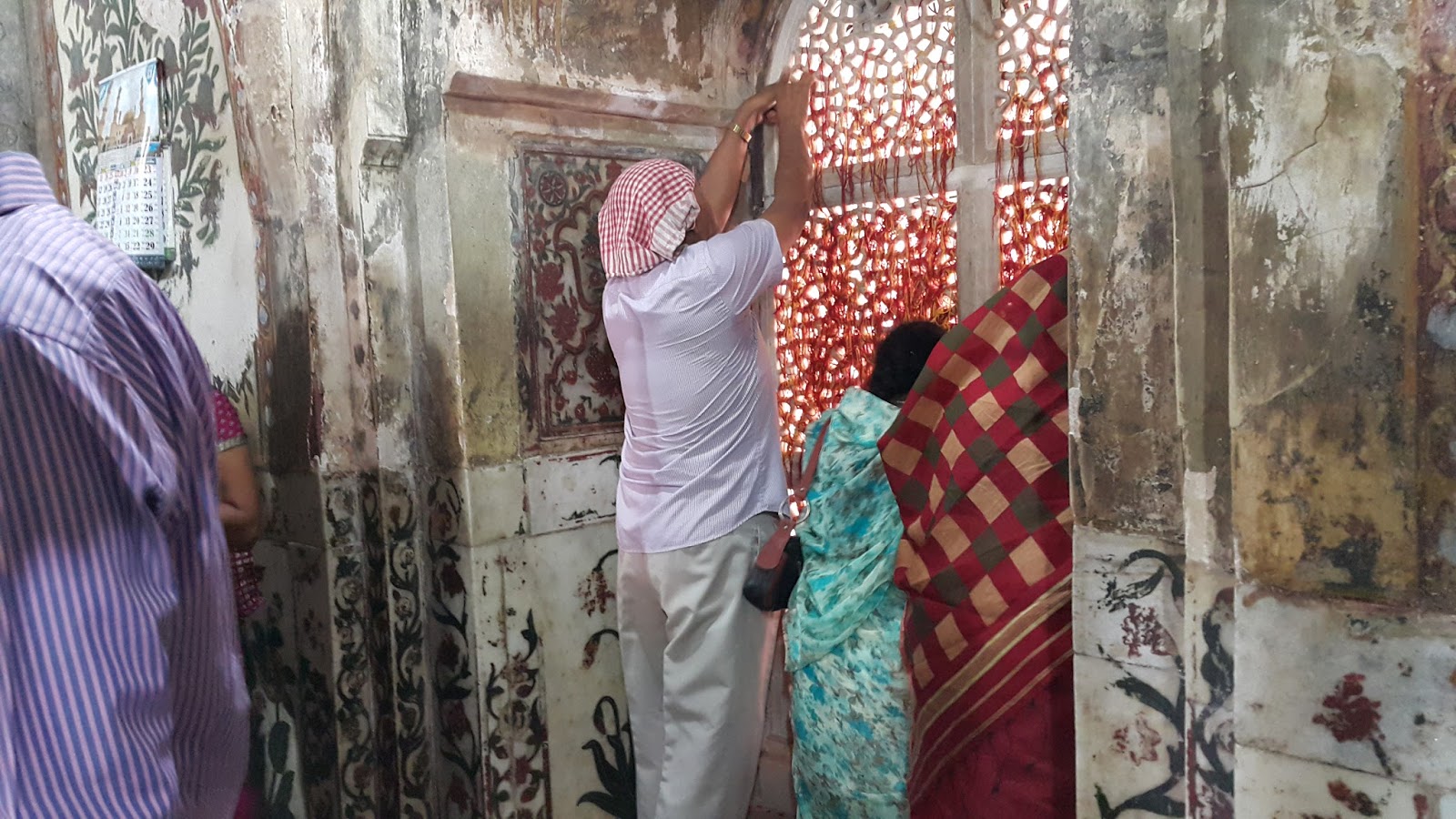
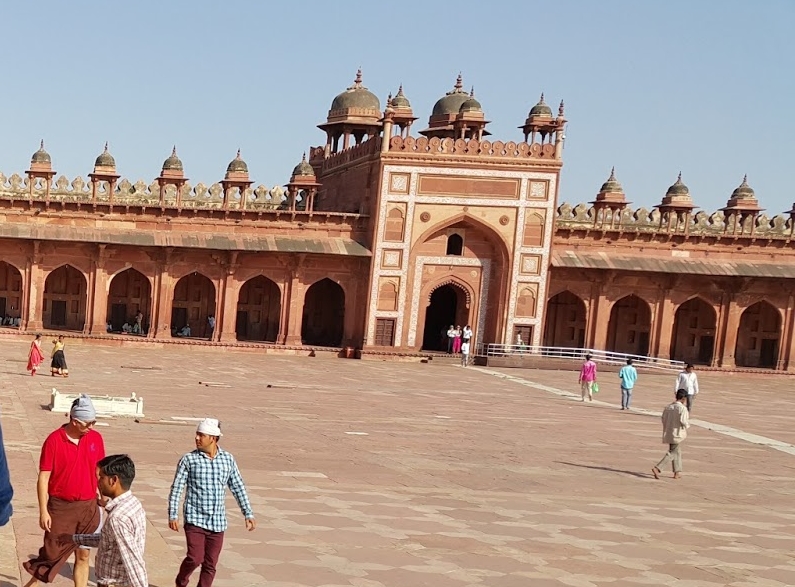
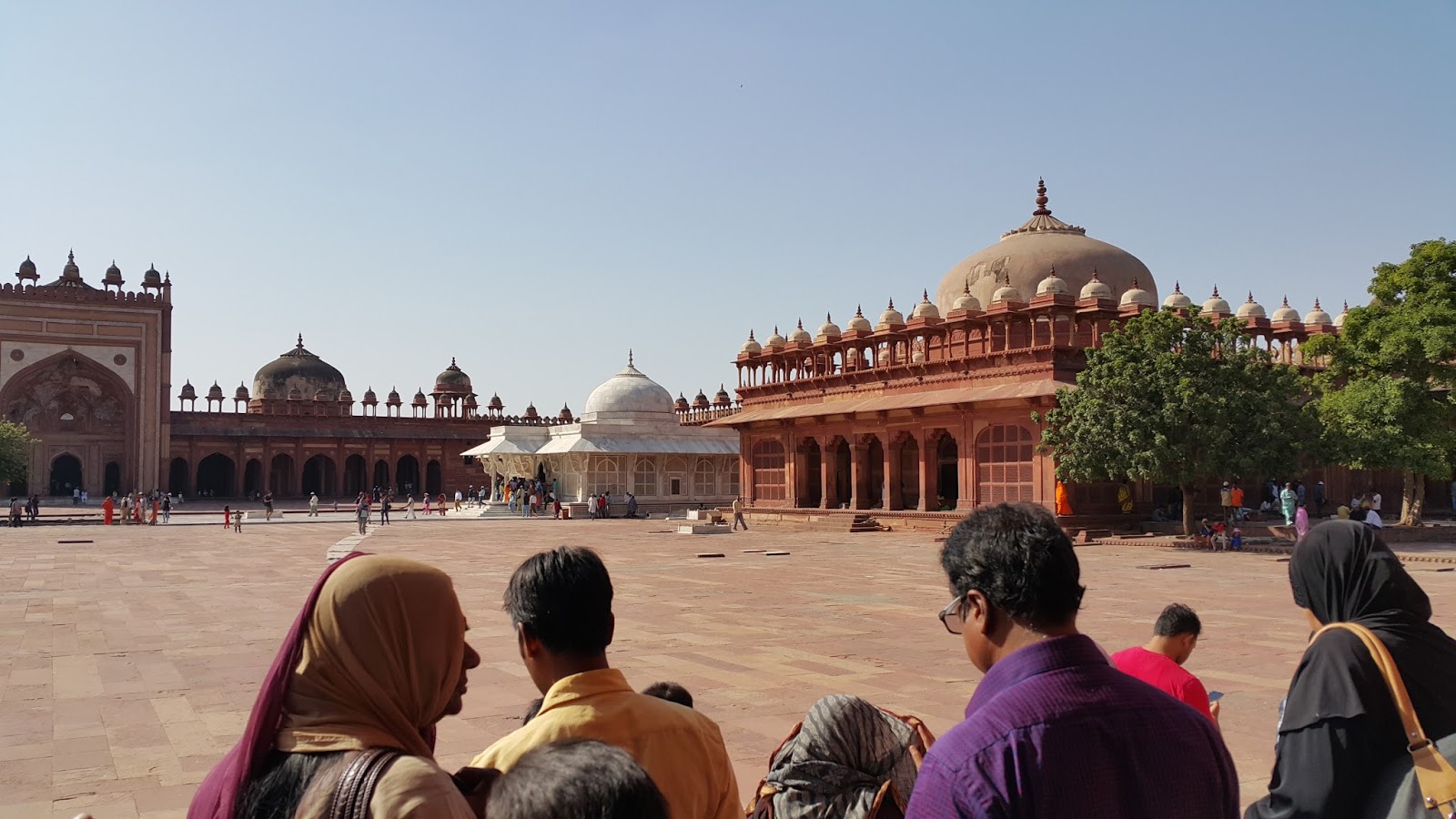
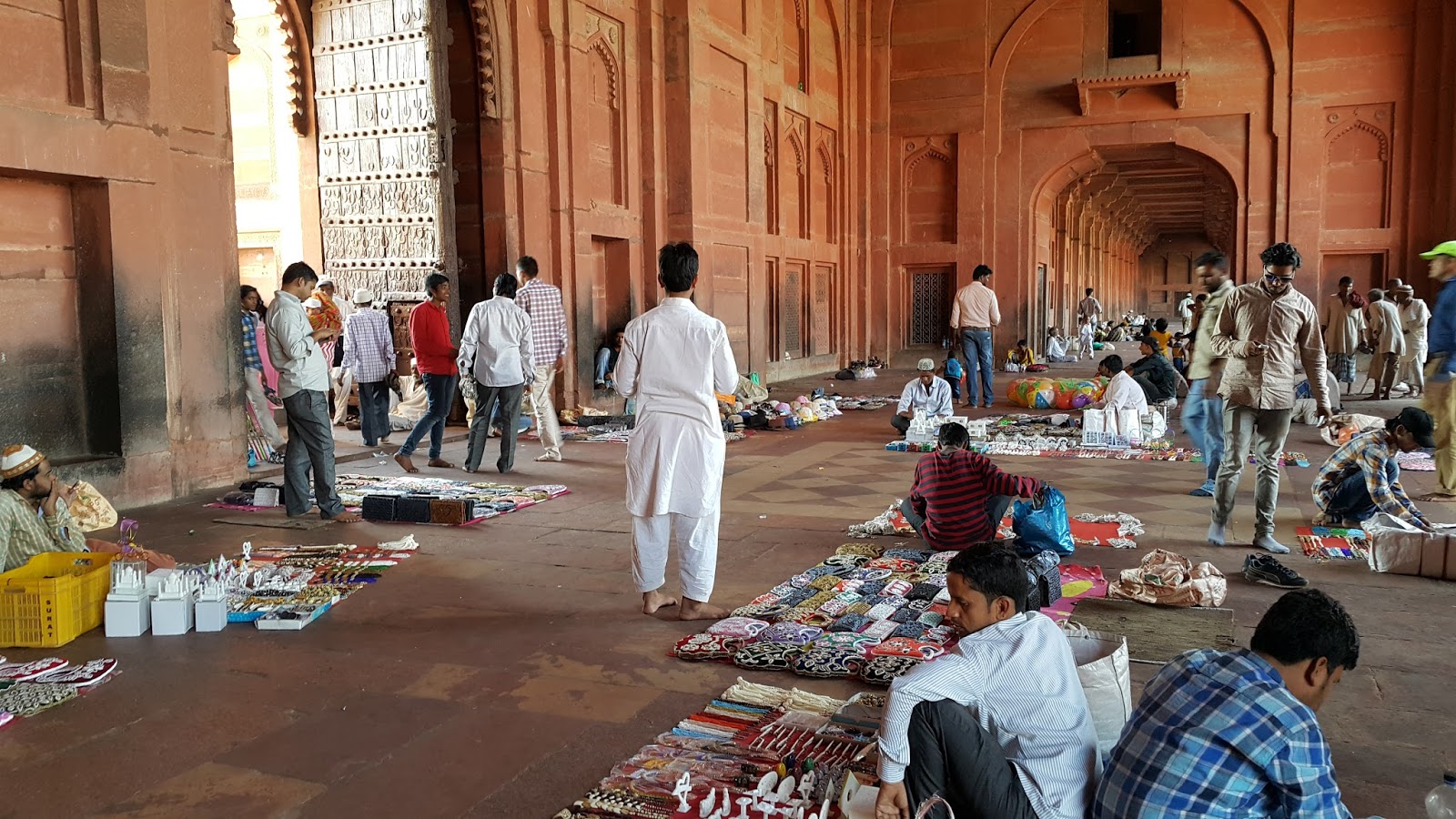
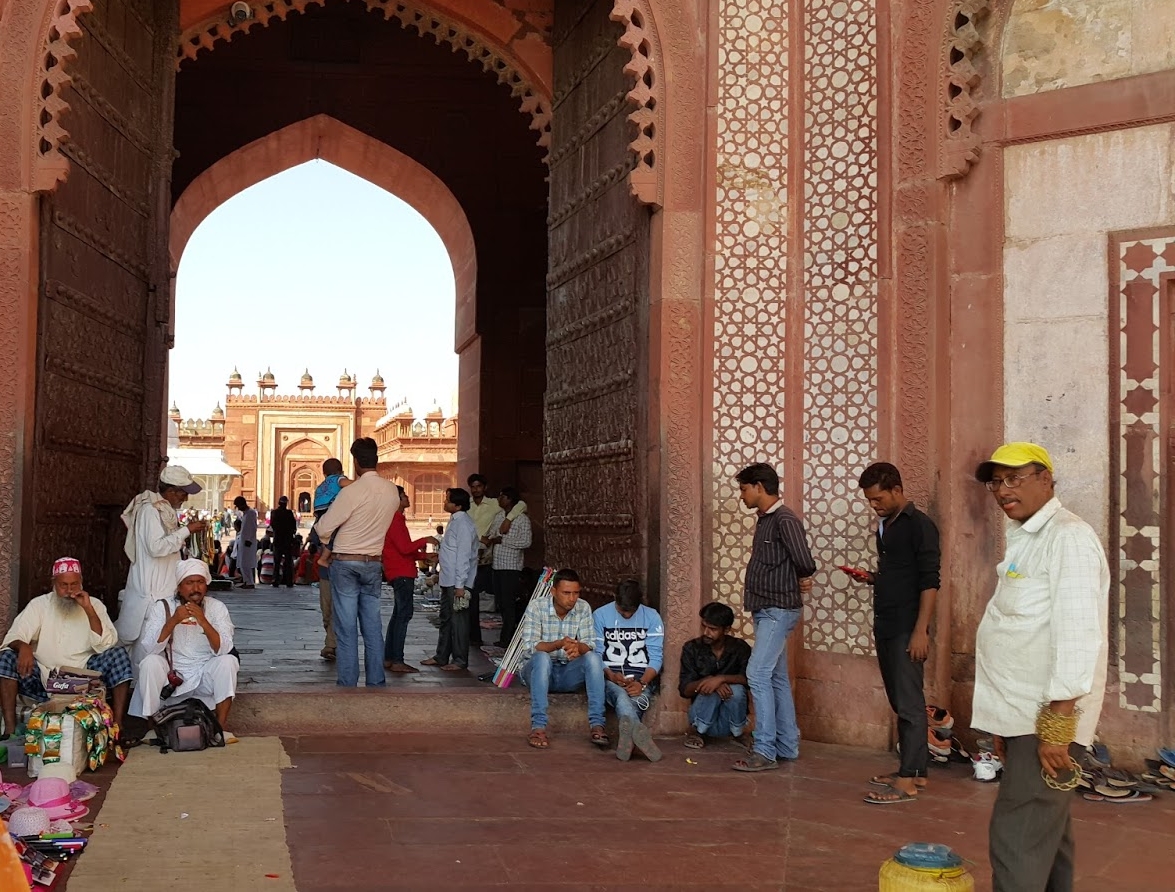
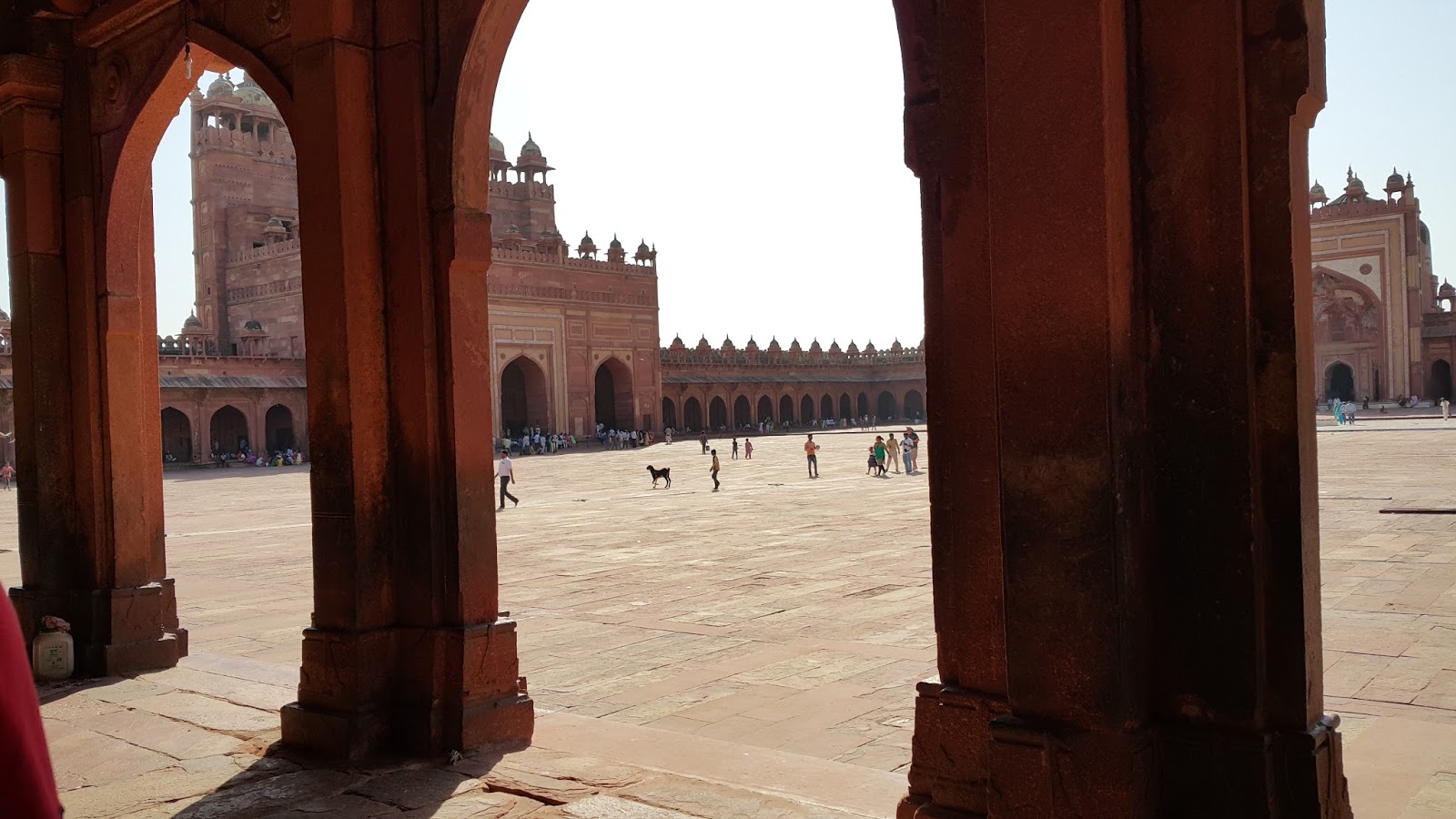
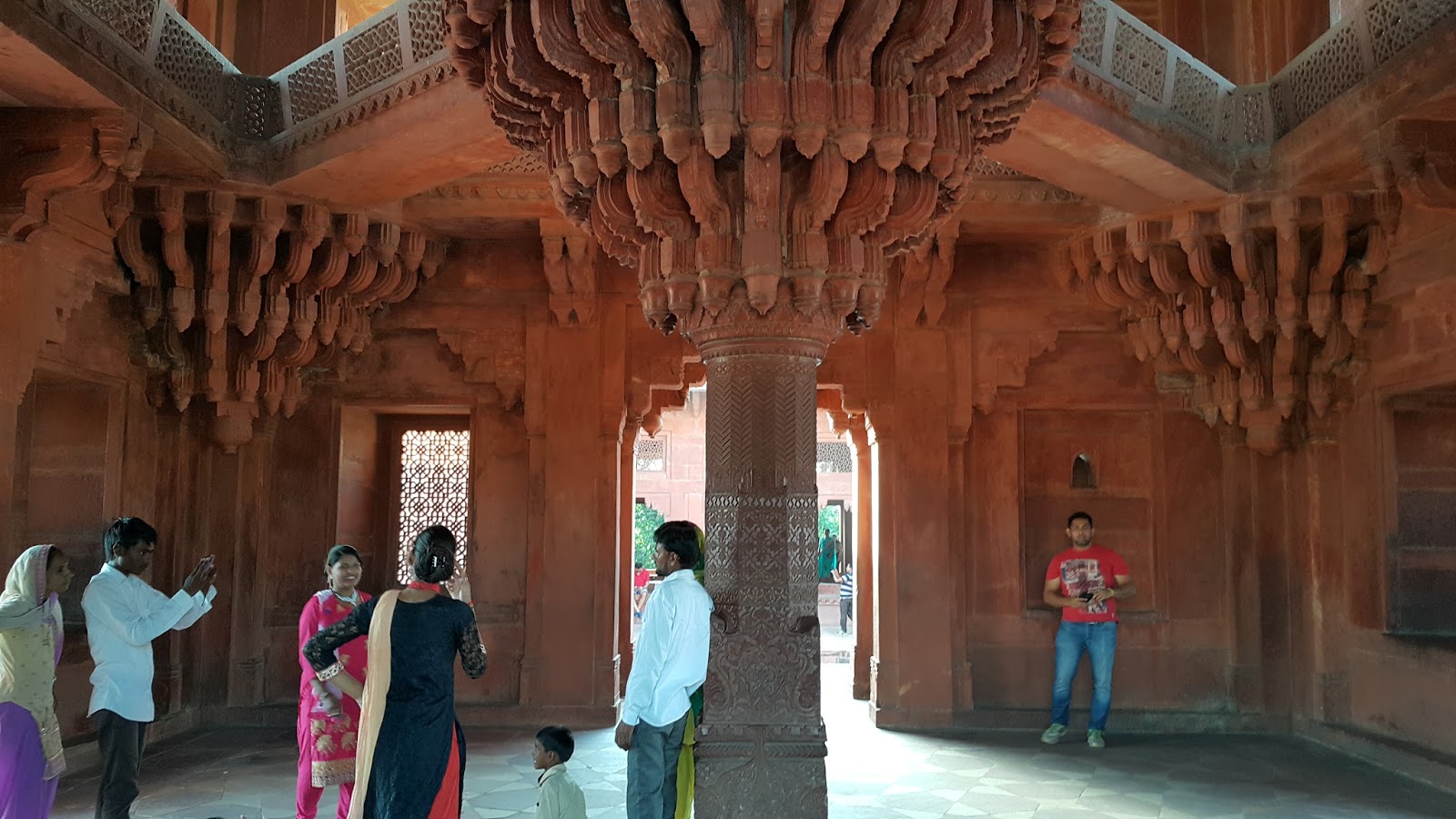
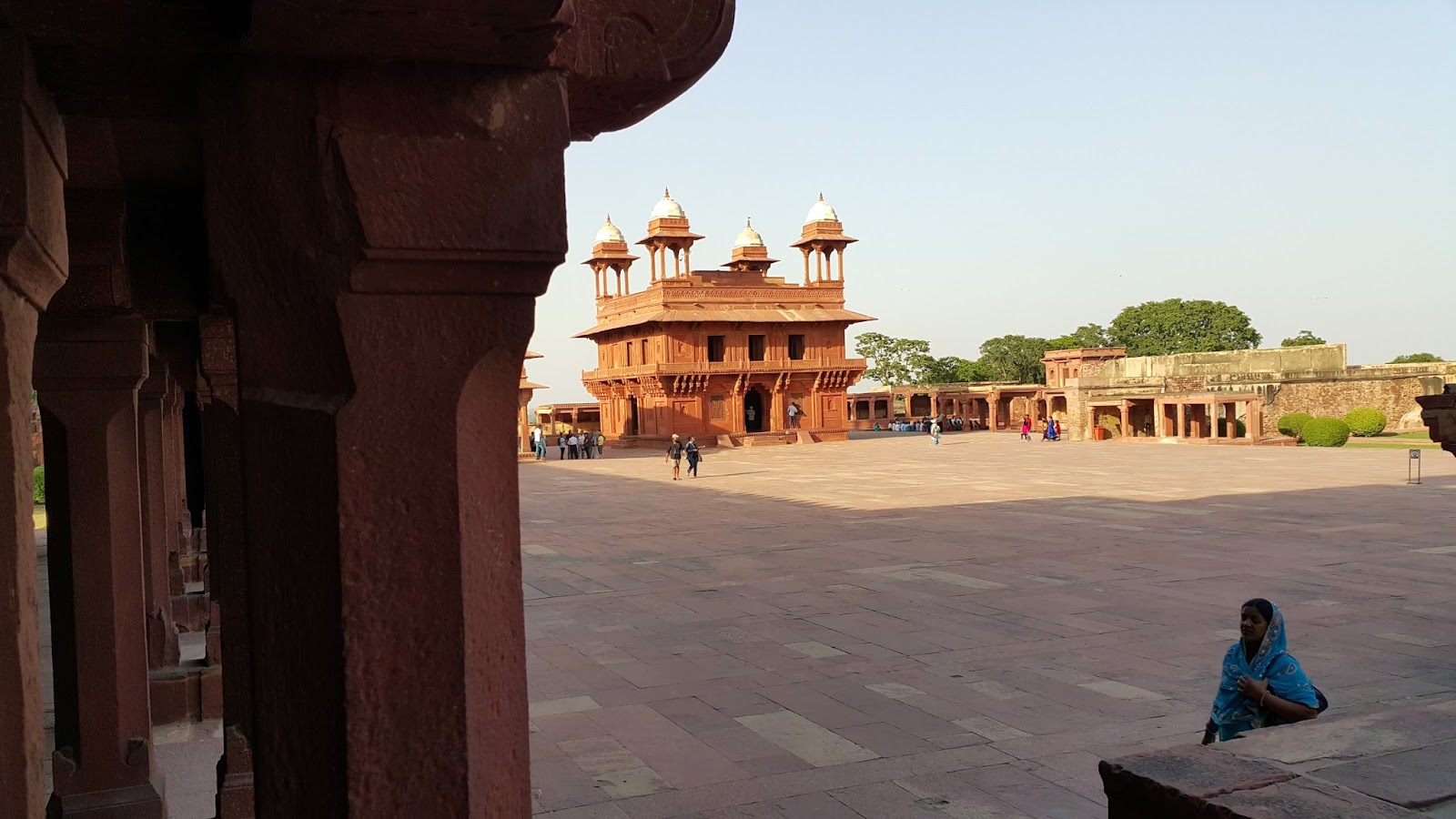
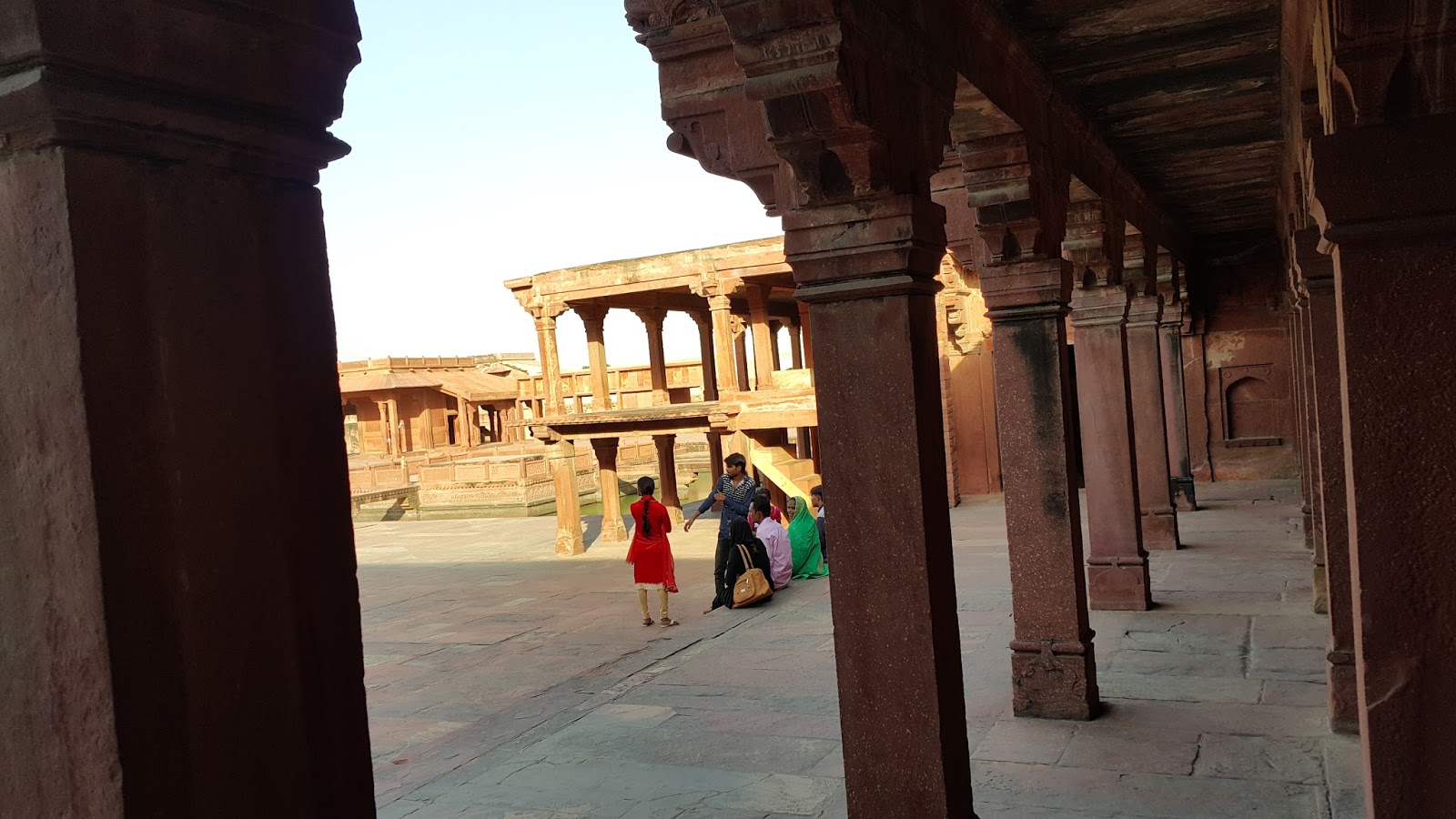
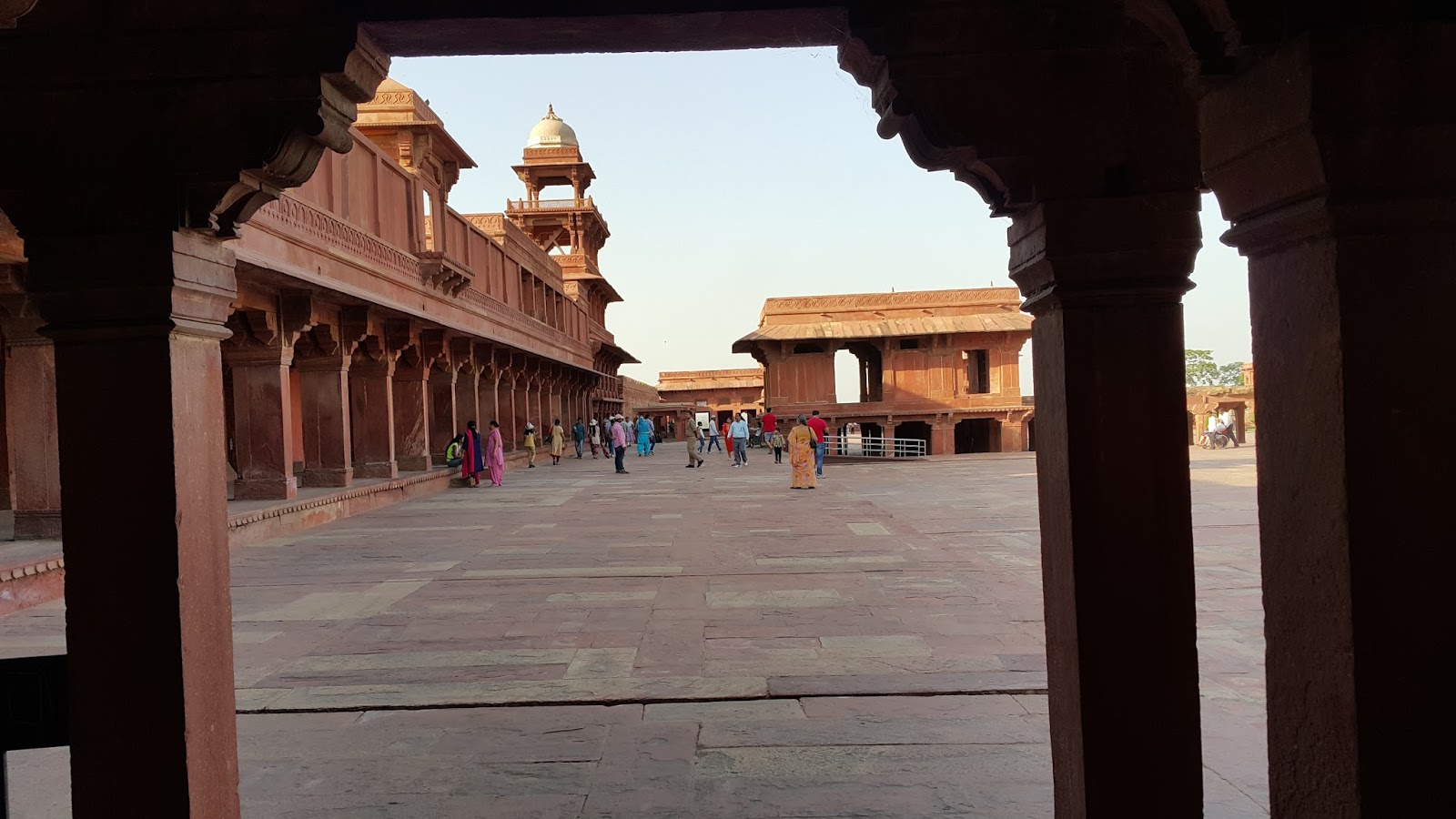
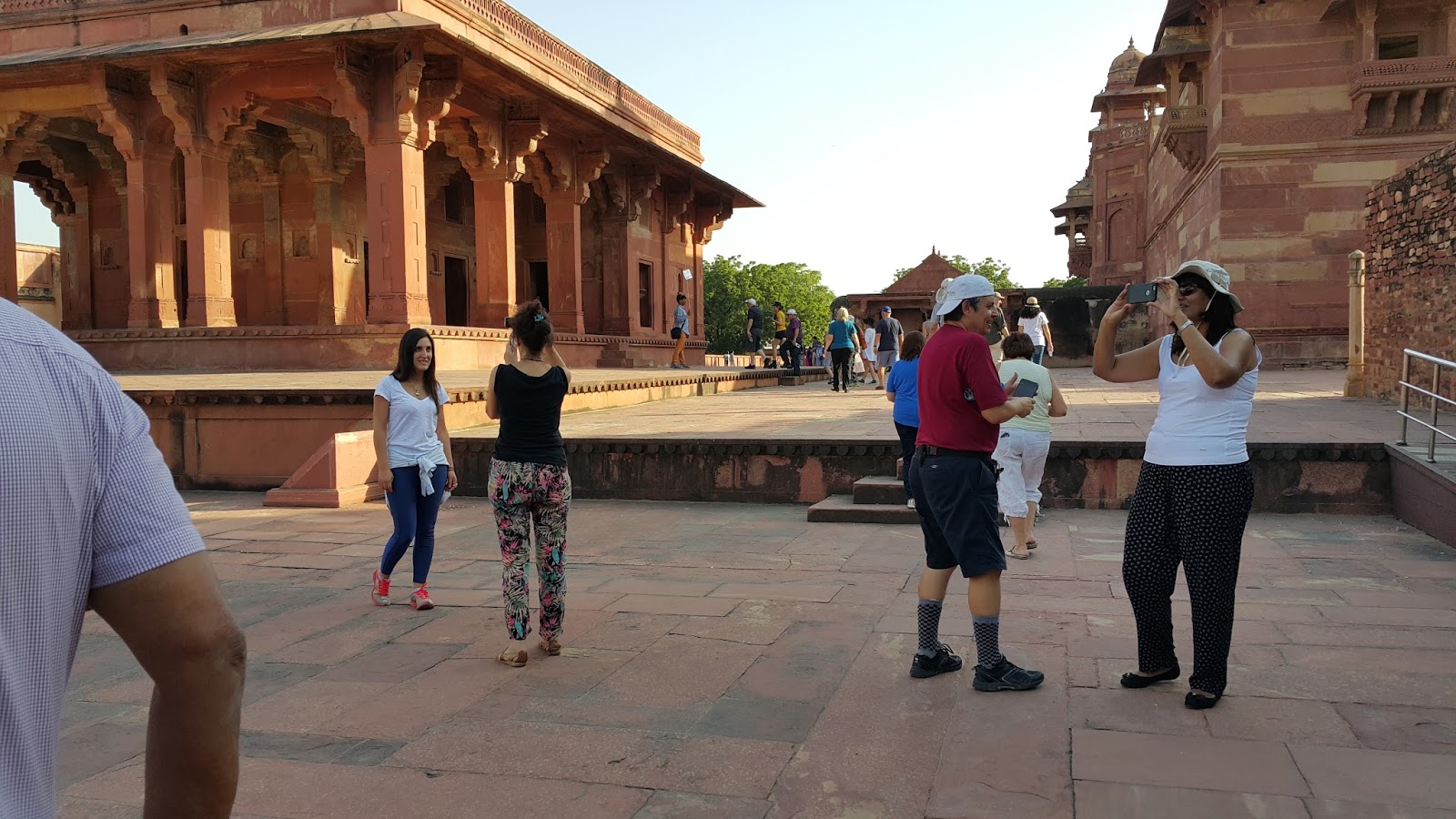
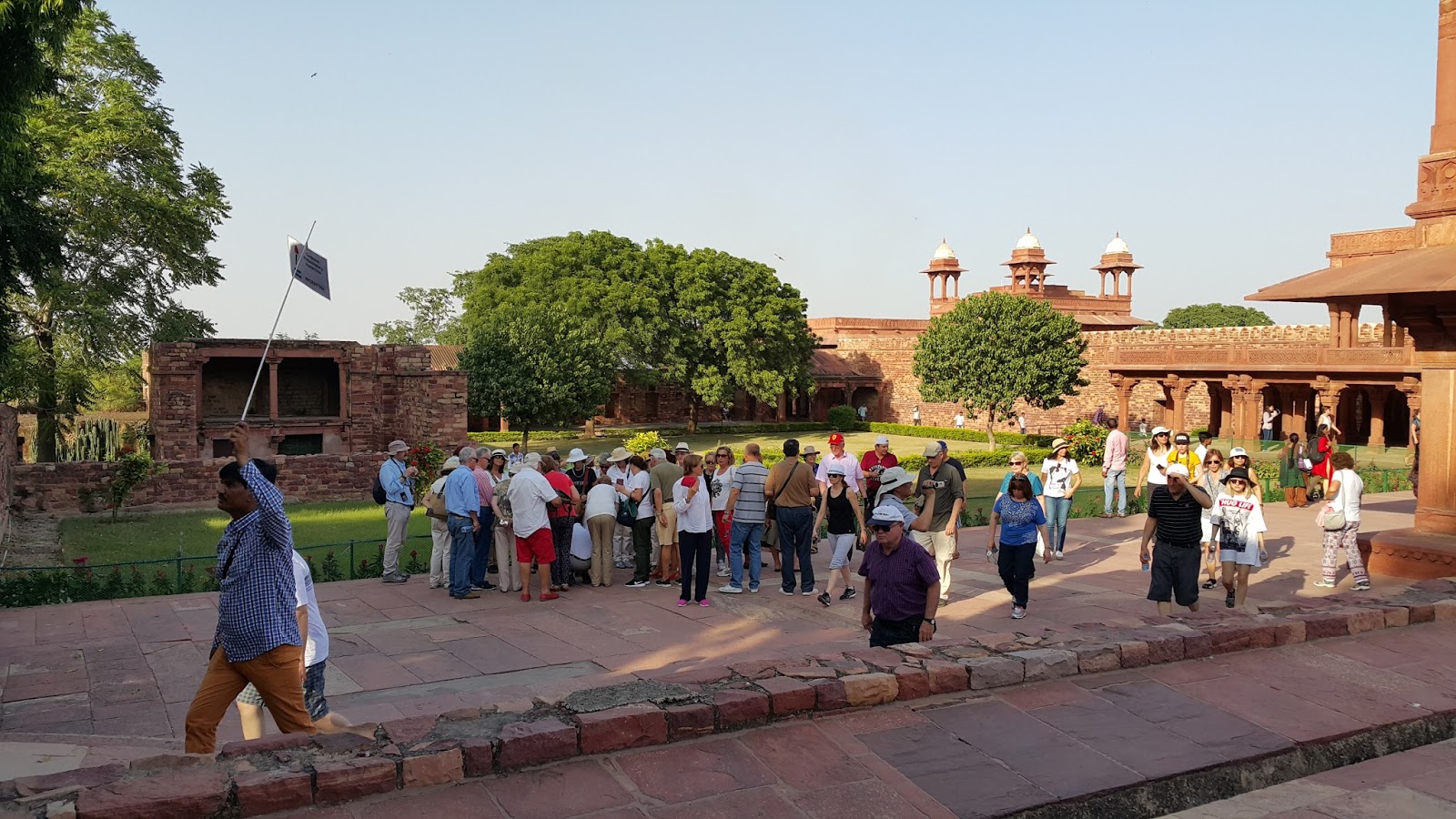
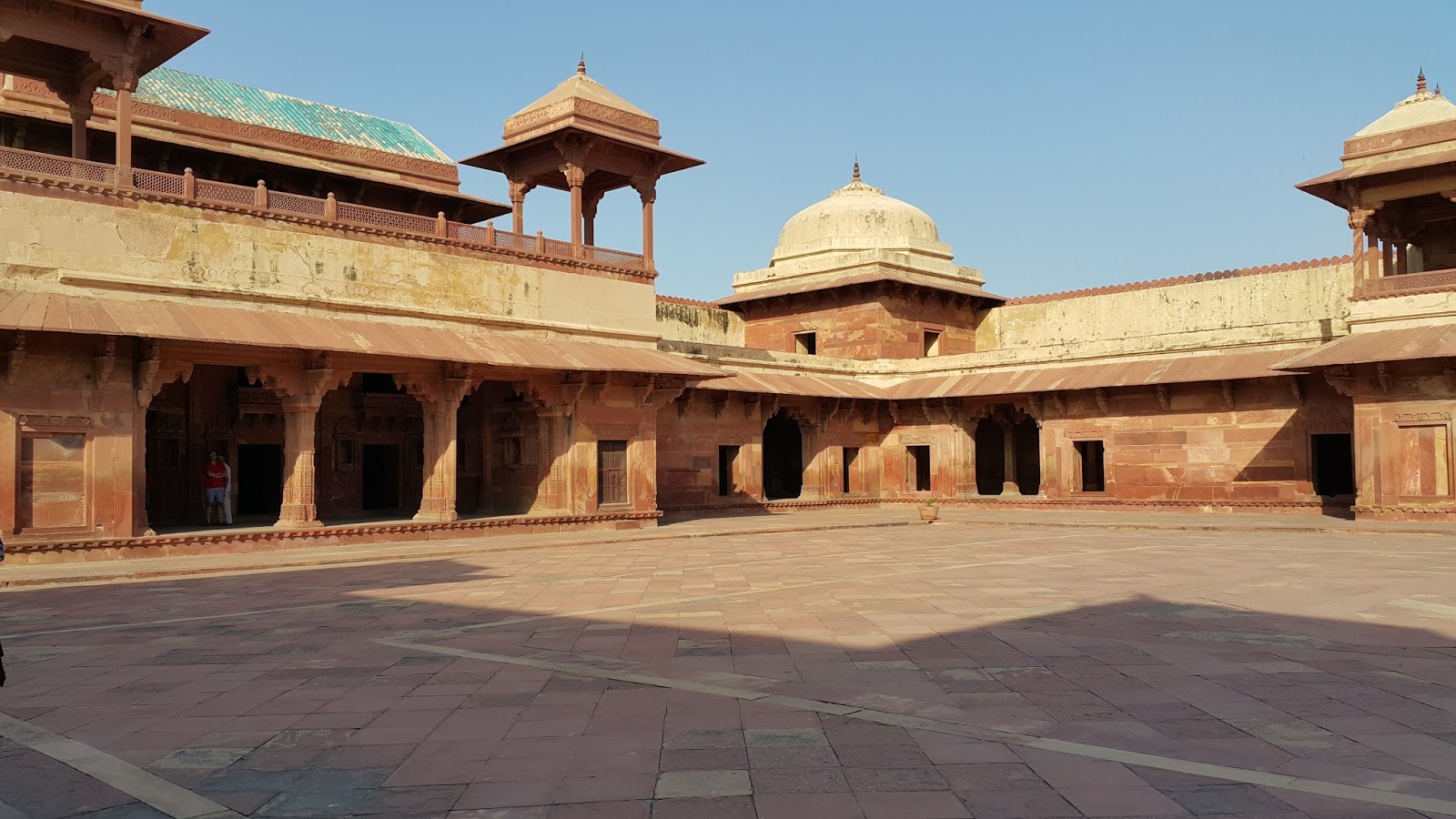
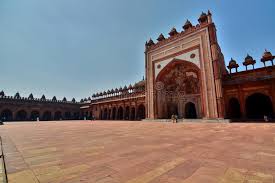
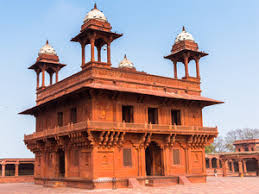
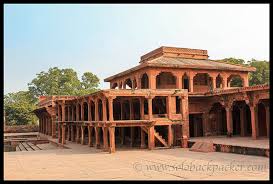
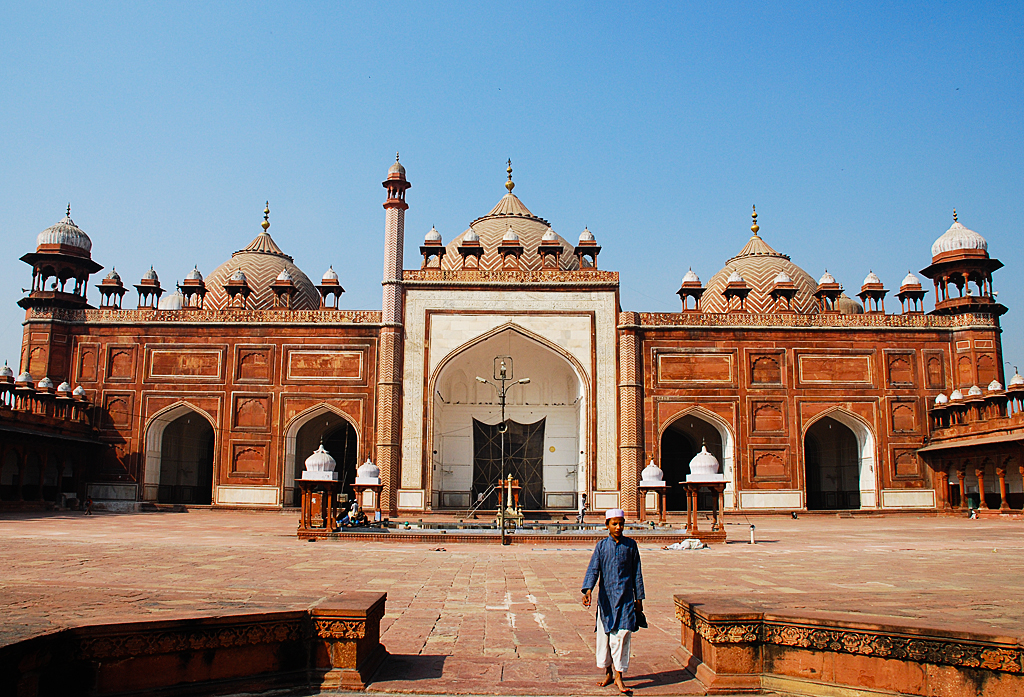
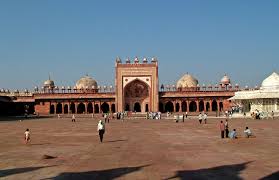
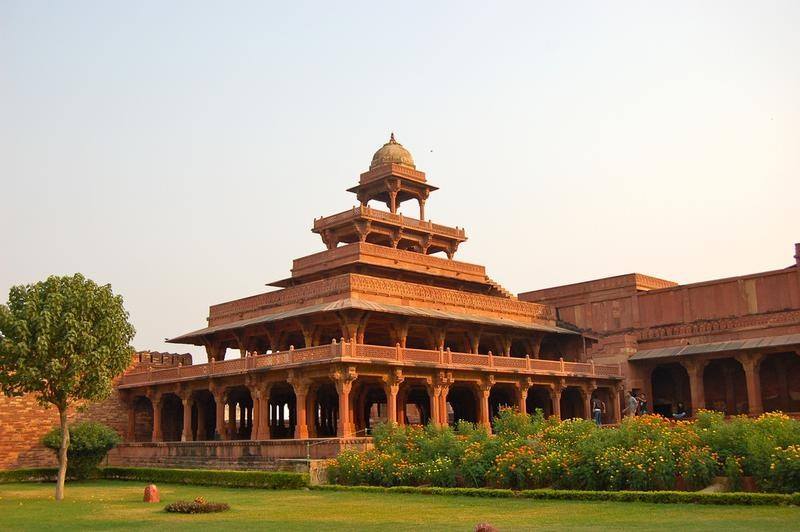
Fatehpur Sikri (Hindi: फ़तेहपुर सीकरी, is a city in the Agra District of Uttar Pradesh, India. The city was founded in 1569 by the Mughal Emperor Akbar, and served as the capital of the Mughal Empire from 1571 to 1585 when it was abandoned. Akbar commenced the construction of a planned walled city, which took the next fifteen years in planning and construction. The city includes a series of royal palaces, harem, courts, a mosque, private quarters and other utility buildings. Originally named Fatehabad, with Fateh, a word of Persian origin, meaning “victorious.” It was later called Fatehpur Sikri. Fatehpur Sikri is one of the best-preserved examples of Mughal architecture in India.
Fatehpur Sikri architectural style revives the splendours of Persian court ceremony made famous by his ancestor Timur, and the complex was designed using Persian principles. However influences of local culture can be identified in the typically Indian embellishments. The easy availability of sandstone in the neighbouring areas of Fatehpur Sikri also meant that all the buildings here were constructed of the red stone. The Imperial Palace complex consists of a number of independent pavilions arranged in formal geometry on a piece of level ground, a pattern derived from Arab and central Asian tent encampments. In its entirety, the monuments at Fatehpur Sikri thus reflect the genius of Akbar in assimilating diverse regional architectural influences within a holistic style that was uniquely his own.
Buland Darwaza or the “Gate of Magnificence”, was built in 1576 A.D. by to commemorate Akbar's victory over Gujarat. The gate is the main entrance to the palace at Fatehpur Sikri.
Getting there
The best approach is to access a driver to bring you from New Dehli to your hotel in Agra and then to use local taxi's or personal drivers to travel around the Agra District.The drive from Agra will take about 2 and 1/2 hours.
Alternatively you can catch the train from New Delhi to a couple of destinations close by and then use taxi's or private drivers.


